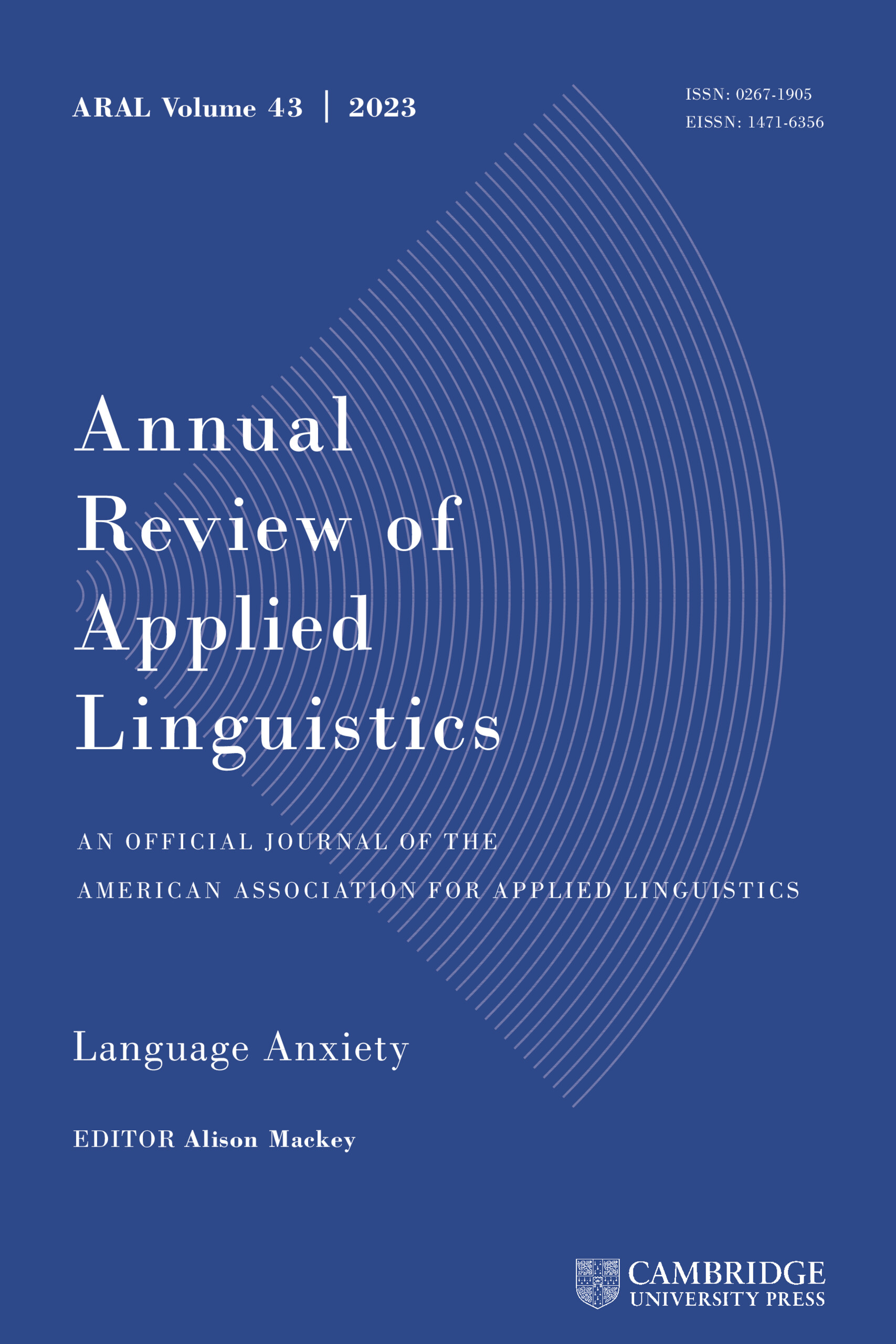Article contents
14. SOCIAL CHANGE AND LANGUAGE SHIFT: SOUTH AFRICA
Published online by Cambridge University Press: 11 April 2003
Abstract
Studies of social change and language maintenance and shift have tended to focus on minority immigrant languages (e.g., Fishman, 1991; Gal, 1979; Milroy, 2001; Stoessel, 2002). Very little is known about language shift from a demographically dominant language to a minority but economically dominant one (e.g., Bowerman, 2000; de Klerk, 2000; Kamwangamalu, 2001, 2002a,b, & in press; Reagan, 2001). This chapter contributes to such research by looking at the current language shift from majority African languages such as Sotho, Xhosa, and Zulu to English in South Africa. In particular, it examines to what extent the sociopolitical changes that have taken place in South Africa (i.e., the demise of apartheid and its attendant structures) have impacted everyday linguistic interaction and have contributed to language shift from the indigenous African languages to English, especially in urban Black communities. It argues that a number of factors, among them the economic value and international status of English, the perceived lower status of the indigenous African languages, the legacy of apartheid-based Bantu education, the new multilingual language policy, the linguistic behaviors of language policy makers, etc., interact in complex ways to accelerate language shift in urban Black communities. In conclusion, the chapter explores ways in which the observed language shift can be curbed to prevent what Skutnabb-Kangas (2000) has termed “linguistic genocide,” particularly in a country that has a well-documented history of this phenomenon (Lanham, 1978; Prabhakaran, 1998).
- Type
- CAUSES AND CASES OF LANGUAGE CHANGE
- Information
- Copyright
- © 2003 Cambridge University Press
- 49
- Cited by




